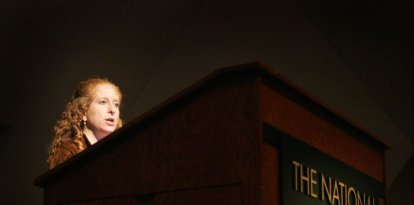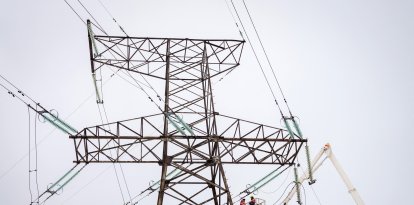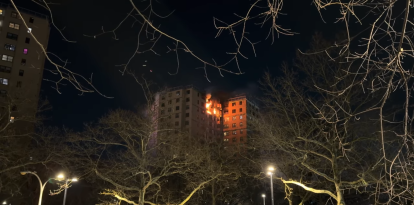From New York to Texas: Canada's toxic cloud spreads across several states
The air quality index in the United States stood at 185 points on Wednesday, implying that it is "unhealthy."
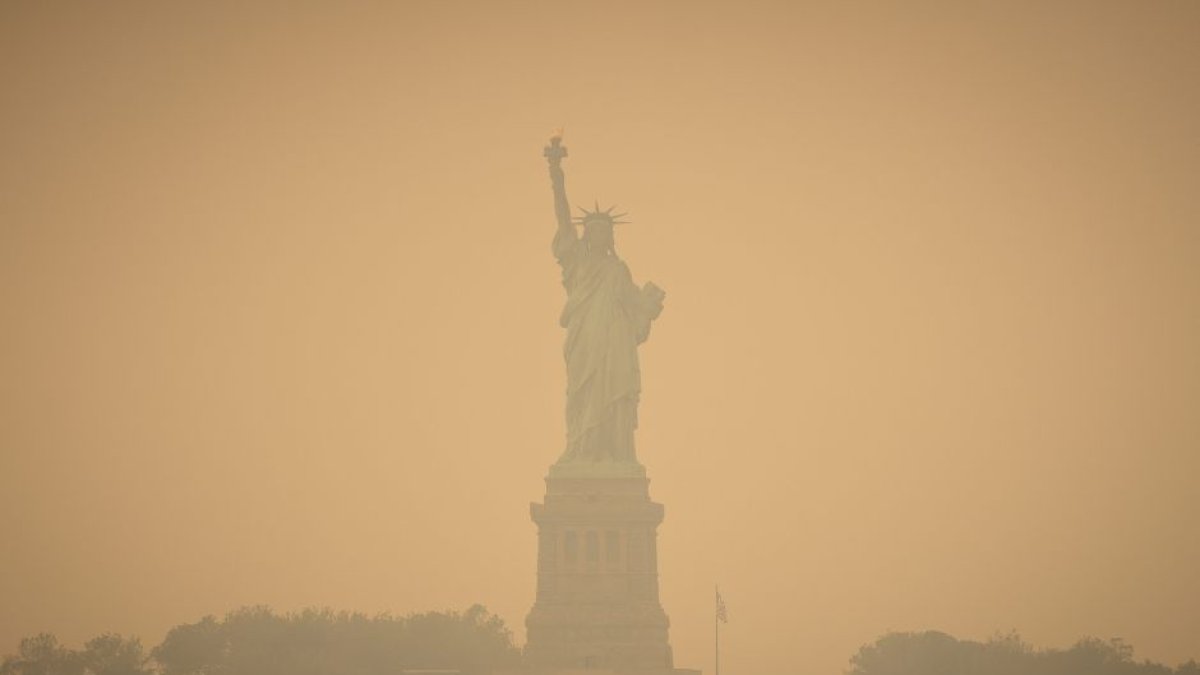
(ZUMA Press Wire / Cordon Press).
Canada's toxic cloud is spreading across the nation. The more than 400 fires raging in the neighboring country are wreaking havoc in the United States with a total of 18 states at risk from reduced air quality. According to the National Weather Service on Wednesday, the air quality index was at 185 points, which implies that it is "unhealthy" and could cause health problems for residents in different parts of the nation.
The contamination reached points as far away as Florida and Texas, as can be seen on the AirNow map, the website provided by the National Weather Service for the points affected by the toxic cloud.:
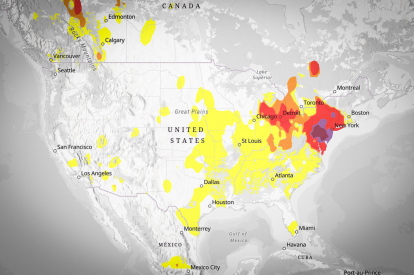
Screenshot showing the states at risk from the effects of the toxic cloud from Canada.
New York, the most affected city
The city that is experiencing the most problems is New York City where the air quality index is above 400 points. Since Tuesday, Governor Kathy Hochul recommended citizens to stay indoors and try to avoid going outside as much as possible to avoid health problems, meanwhile the networks are filled with videos showing New York City dyed orange:
Poor air quality reaches the rest of the nation
Washington D.C. and Philadelphia are also feeling the far reaching effects of the Canadian fires. As well as other areas throughout the country such as Detroit, Chicago, Boston, Atlanta, Miami, Houston, Dallas and Los Angeles, among others, where the toxic cloud is not as visible but the damage is just as damaging:
In these states and cities, it is once again commonplace to see images that have not been seen for years, with citizens taking to the streets wearing masks to avoid being contaminated by the air. A measure that experts such as Purvi Parikh, a member of the American Respiratory Care Association, recommends to all the inhabitants to follow until the toxic cloud dissipates: "Believe it or not, masking just like we did with Covid can be helpful in acting as a barrier between you and reduce the amount of particulate matter that you breathe in."



















